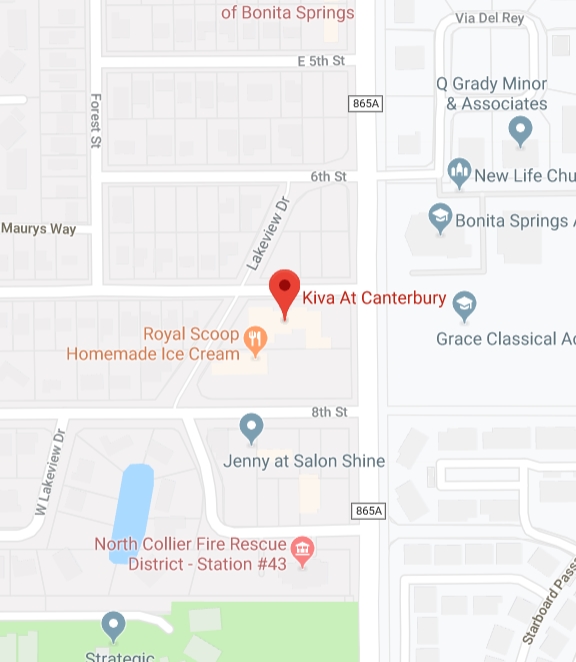Research, Senior Health and Alternative Treatments
The National Institute of Health sponsors research on complementary health practices used to maintain health or reduce symptoms of disease.
Some examples of these research projects are aimed at practices that work or claim to work on conditions common among seniors.
Brain
NIH STATES “The Ginkgo Evaluation of Memory (GEM) study, a 6-year trial of the herb Ginkgo biloba in more than 3,000 older adults, showed that ginkgo did not prevent Alzheimer’s disease or other types of dementia or slow cognitive decline.”
 But a study in older women showed that those with higher consumption of monounsaturated fatty acids (the kind found in olive and canola oils) had slower cognitive decline.
But a study in older women showed that those with higher consumption of monounsaturated fatty acids (the kind found in olive and canola oils) had slower cognitive decline.
Some studies currently in progress are researching the possible value of mindfulness meditation in older adults who have both cognitive impairment and/or depression.
Heart
Right now an NIH sponsored study is investigating whether yoga may help to improve risk factors for heart disease in older women.
Studies have shown that people with heart failure that practice tai chi can relieve some of their sleep problems and improve their mood.
Cancer
 Preliminary research shows that massage can provide short-term benefits in relieving pain and improving mood in patients with advanced cancer.
Preliminary research shows that massage can provide short-term benefits in relieving pain and improving mood in patients with advanced cancer.
Saw Palmetto, often promoted for prostate health has been shown in studies to have no more effect on relieving urinary tract symptoms associated with prostate enlargement in older men than a placebo.
 Arthritis
Arthritis
A NIH-sponsored study of glucosamine and chondroitin in people with knee osteoarthritis showed that these supplements did not relieve pain or slow joint damage. However, a subgroup of participants did have significant pain relief when they took both supplements in combination.”
We look forward to sharing the results of future studies of complementary activities and supplements. In the meantime…
walk daily if you can.
Many studies have shown walking to benefit health and mood in many ways.



